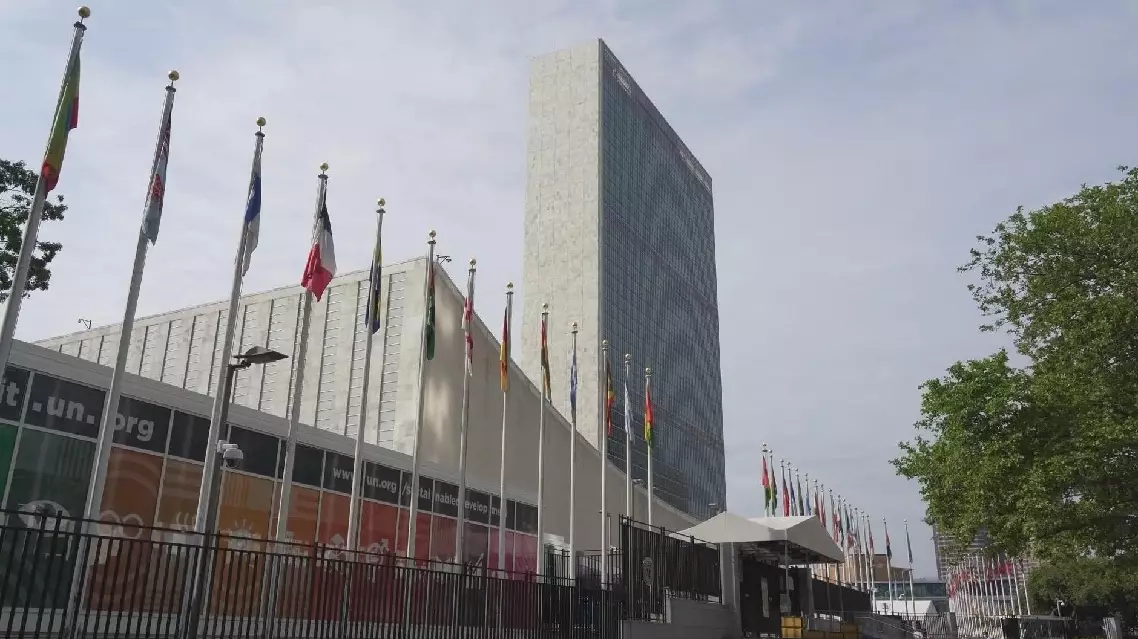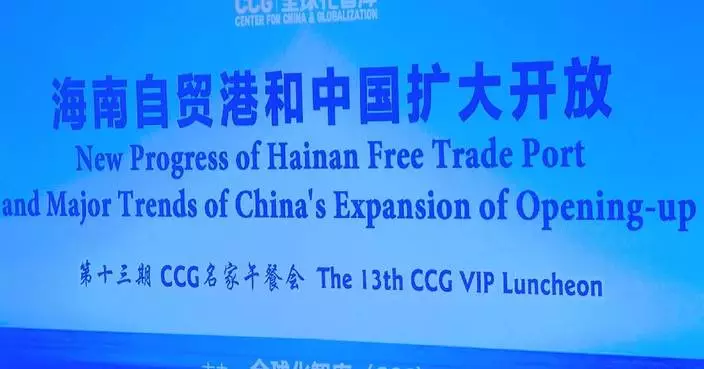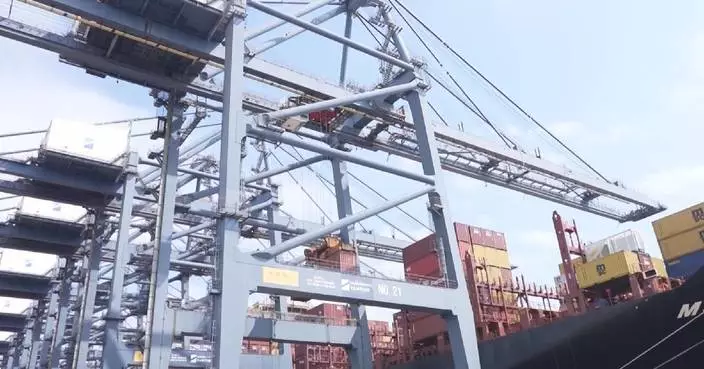Italy sees major business opportunities from China in areas such as industrial machinery and green energy, and the country needs Chinese electric vehicle (EV) investments to boost its auto industry, according to an Italian business figure.
China is Italy's largest trading partner in Asia and the biggest non-EU trading partner after the United States, while Italy is China's fourth-largest trading partner in the European Union (EU). Italian Prime Minister Giorgia Meloni began her five-day visit to China on Saturday, aiming to strengthen trade relations between the two countries.
In an interview with China Global Television Network (CGTN) on Wednesday, Vincenzo Raffa, vice president of the Italy-China Association of Business, shared his thoughts on potential areas for bilateral trade cooperation between the two countries. For example, he noted cooperation on industry machinery, which has been a leading export from China to Italy in recent years.
"First of all, the agricultural sector, also the pharmaceutical (sector). Because China keeps on asking for higher healthcare needs in China, and Italy can address this kind of needs. Also (industries related to) aging population both in Italy and China are really key industries. Of course, we are also talking about luxury goods, industry machinery and advanced manufacturing. Industry machinery is the number one export from China to Italy in the past years and still is. And, of course, green technology, where China is a leader for the past years and renewable energy where Europe and Italy are focusing on," said Raffa.
Despite the EU's unjustified high tariffs on Chinese EVs, Raffa said that Italy, as an EU member, actually welcomes Chinese manufacturers setting up EV production in the country to support its auto market, according to the Italian business insider.
"From one side, Europe is sending a blockage message. From the other side, Italy is saying it's okay. We are in the middle of the Mediterranean; Chinese investors can have access to the Italian market which is at the center of logistics for the entirety of Europe and Africa, so we can be partners. From the other side, the Italians are looking for a place to invest, so there are mixed messages at the moment. What we can see from an economic point of view is that actually, although there are some tariffs on auto exports from China, the concrete messages are actually opposite. The Italian government is looking for a second investor after Le Motor in Italy to produce cars in Italy, so this is actually what Europe wants. Europe wants Chinese companies to set their production in Europe and start producing in Europe to help the European market grow. So one is a political message, one is an economic message," said Raffa.
In recent months, China's visa-free policy for nationals of more countries has signaled greater openness, which is expected to attract more overseas investors, according to Raffa.
"For sure, the visa-free policy is more than welcome. For new investors or for people who want to access this incredibly flexible market, it is a good thing. I would not say that this is really shifting the foreign direct investment arena in the future or in the present. But, for sure, this portrays China as taking a more open step towards better treating foreign direct investment," he said.

Italian business figure highlights cooperation with China on industrial machinery, EV





















































